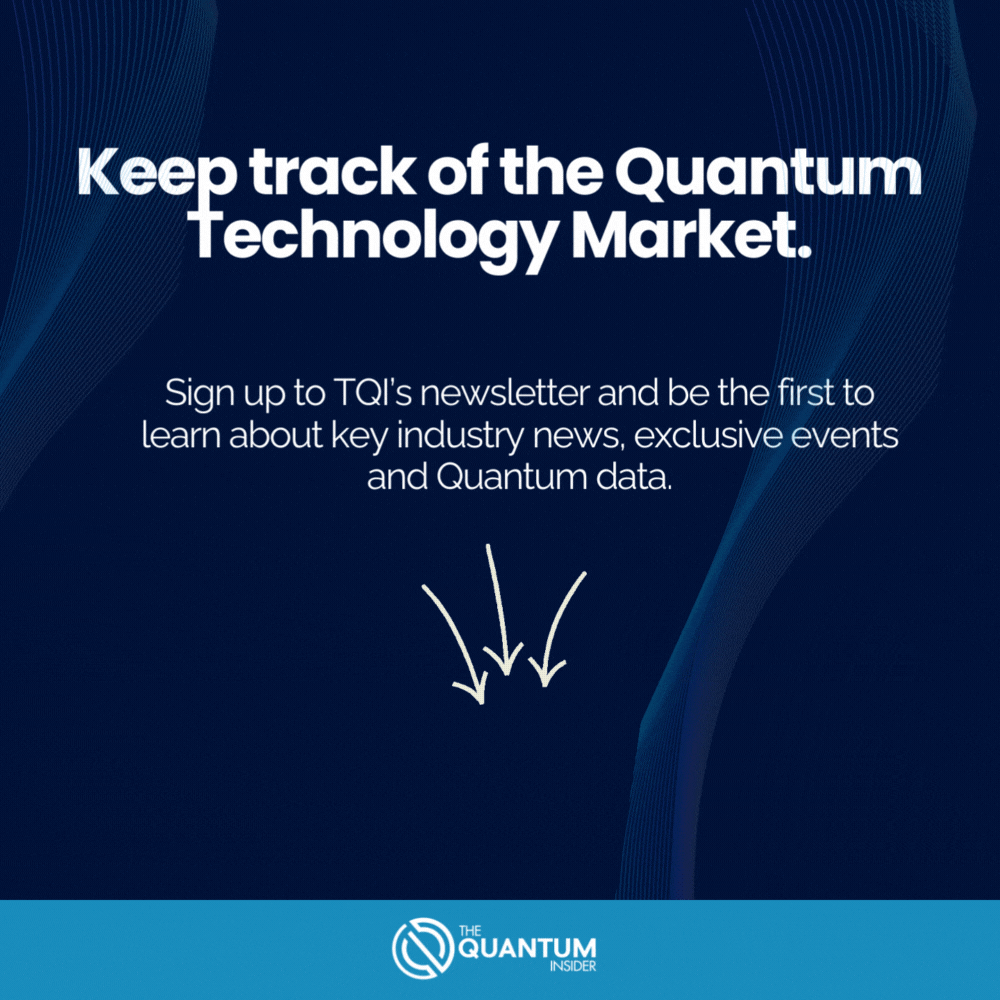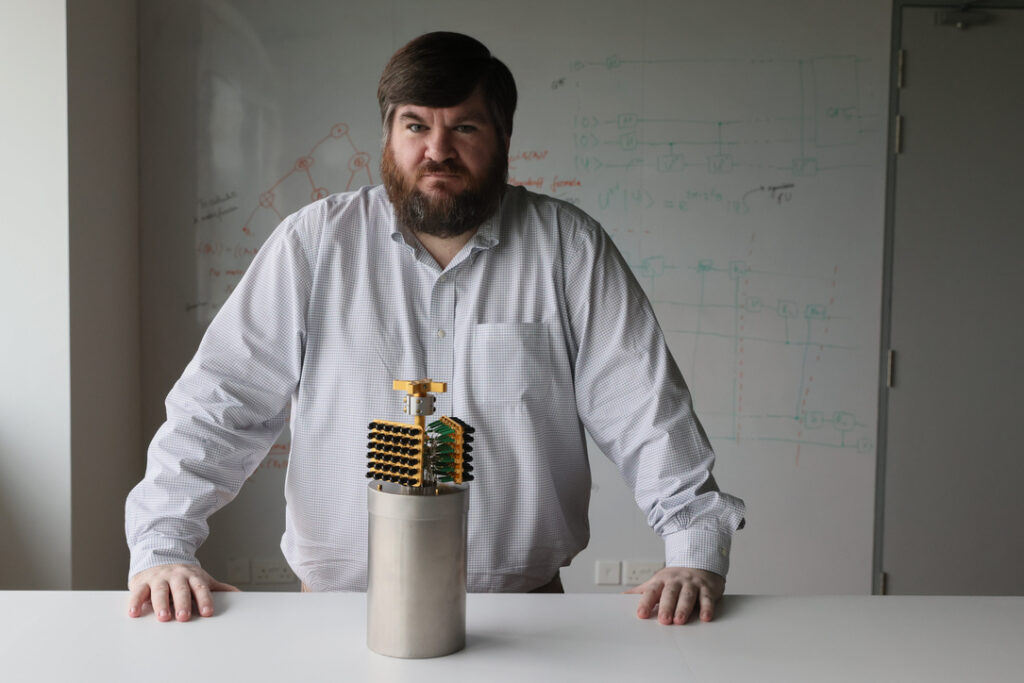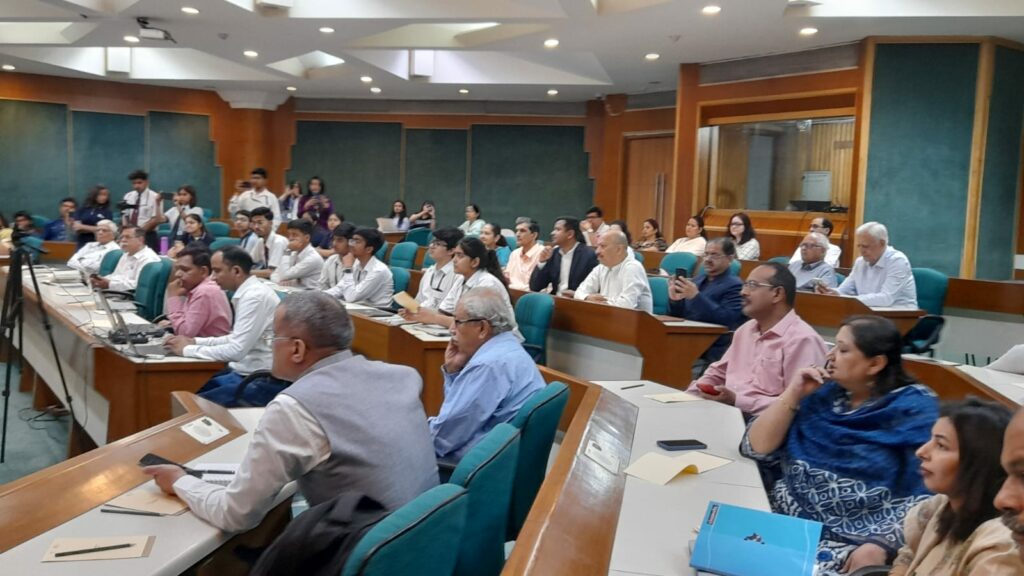Insider Brief
- Q-CTRL announced new artificial intelligence capabilities in its software.
- The new tool suite allows users to accelerate manual tasks with the power of AI automation
- Critical Quote: “This technological intersection has been under development at Q–CTRL for some years. Now we’re excited to make custom–engineered AI agents available to solve some of the toughest challenges faced by researchers in the quantum sector. It’s thrilling to know that Q–CTRL is the true global leader in taking this technology from promise to practical.” — Q-CTRL CEO and Founder Michael J. Biercuk.
PRESS RELEASE — Q–CTRL, a global leader in developing useful quantum technologies through quantum infrastructure software, today announced new AI capabilities in its Boulder Opal software, promising to serve as a “rocket booster” for the emerging industry.
The convergence of quantum technology and AI promises a technological revolution on par with the advent of electricity. Despite intense theoretical interest, the fields have largely remained separate in practice because of the challenge of making AI relevant to real, imperfect quantum hardware.
Q–CTRL today changes that narrative by delivering the most advanced AI agents to every R&D team working to realize the full potential of quantum technology for computing, sensing, and communications. It’s the first practical step towards making the future of machine learning quantum.
“This technological intersection has been under development at Q–CTRL for some years,” said Q–CTRL CEO and Founder Michael J. Biercuk. “Now we’re excited to make custom–engineered AI agents available to solve some of the toughest challenges faced by researchers in the quantum sector. It’s thrilling to know that Q–CTRL is the true global leader in taking this technology from promise to practical.”
Research in quantum computing and sensing is held back by the fact that unstable hardware must be manually calibrated, tuned, and configured – this can take up to a third of a typical researcher’s day and holds back the entire community’s progress.
Q–CTRL has been a pioneer in the application of AI to the operation and optimization of quantum hardware. The team published groundbreaking results which showed that an AI agent could be connected to a quantum computer and learn how to write a new “machine language” for the computer better than any expert–designed solution.
Building on these early successes, Q–CTRL is making AI for quantum technology available to everyone at scale, enabling any research team to use AI to tune–up, calibrate, and optimize entire experiments better than they ever could before, and all without manual intervention.
Q–CTRL’s core product for R&D teams, Boulder Opal, is a versatile Python package used by national laboratories, top–tier universities and private–sector quantum companies to accelerate research in quantum technology with cutting–edge quantum control techniques.
A new tool suite in Boulder Opal allows users to accelerate manual tasks with the power of AI automation, freeing up researchers’ time to achieve more and dedicate their efforts to delivering the most foundational insights needed to make quantum technology useful. The new Boulder Opal features include:
- AI–automated system calibration: Users can replace manual, stepwise routines to tuneup hardware with an autonomous “experiment scheduler” which allows automated calibration of many intersecting tasks across entire systems in minutes.
- Low–latency AI: A new hybrid software architecture combines the best of cloud and local computing resources to deliver high–performance AI agents at the edge. Now users can connect their hardware directly to local AI agents in a closed loop, reducing hours of manual tuneup to fractions of a second and enabling optimization tasks that were previously impossible.
- Enhanced cloud computing platform: A huge boost to cloud computing power enables AI agents to handle much more complex learning tasks and empowers users to solve simulation and optimization problems that are out of reach for any other software package. Parallelization across CPUs, GPUs and large memory allocations is fully automatic.
These new capabilities are delivered with the simplest user experience, allowing researchers to focus on the new results they’re achieving rather than complex software and hardware configurations.
Researchers in the Quantum Technology Laboratory at Chalmers University are leveraging Q–CTRL’s Boulder Opal software to reduce error in quantum systems to implement so–called SNAP gates – a quantum operation that can be used as a building–block to generate arbitrary quantum operations in their resonator.
Marina Kudra, a Ph.D. student at Chalmers, said, “Boulder Opal made it very easy to go from code to experiments. I started from the relevant notebook in the documentation, followed the steps, adapted when necessary, and it simply worked. We’re now using Q–CTRL pulses that allow us to cut the time of our gates by eight times.”
“Boulder Opal has always delivered the most advanced capabilities in dynamic simulation, hardware characterization, and control optimization to the research community,” said Q–CTRL Product Manager, Jack Li. “We’re excited to now bring the most advanced custom–built and trained AI agents to this toolkit to help the community really take off.”
Boulder Opal works with all quantum computing and quantum sensing hardware. Researchers, students, and educators can sign up for an account and access all features of Boulder Opal here.
Q–CTRL will demonstrate the new AI capabilities at this year’s APS March Meeting.





















